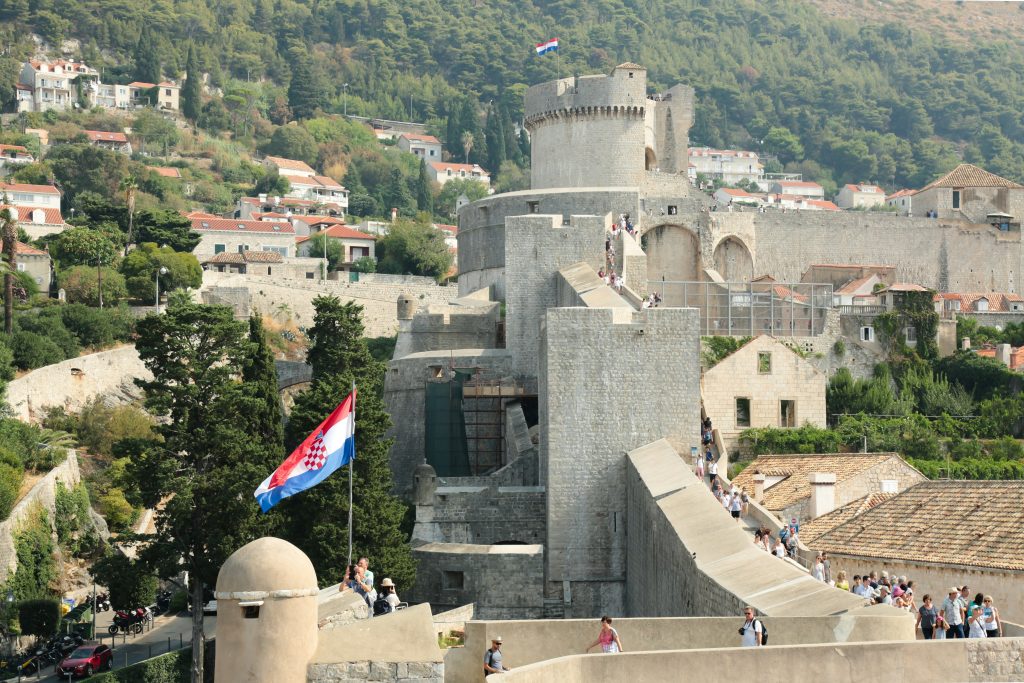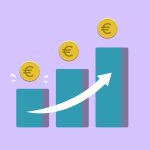November the 30th, 2024 – Andrej Plenković has stated that Croatia has the fastest growth in the entire EU, with GDP, personal consumption and investments on the up.
As Ljubica Gataric/Poslovni Dnevnik/VL writes, excellent economic growth continued in the third quarter of this year, bringing a GDP increase of 3.9 percent, led by personal consumption, investments and the construction sector.
croatia has the fastest growth in the eu
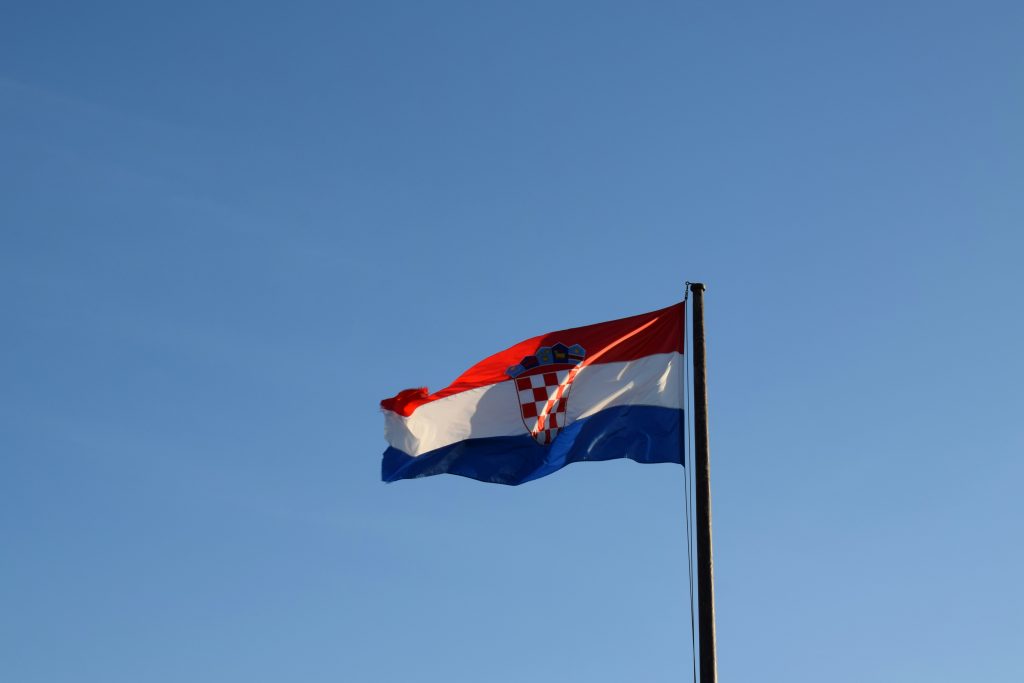
“Croatia has enjoyed the fastest growth in the EU, we’re heading in the right direction,” boasted Prime Minister Andrej Plenković, who could reduce Croatia’s gap behind the EU average to around 20 percent by the end of his term.
The Croatian economy’s growth rates have been high since the end of the coronavirus pandemic, meaning that convergence towards average levels has been faster than expected across many areas of life. Unfortunately, Croatia has caught up with higher EU prices before anything else, with RBA analysts estimating that food and beverage prices will actually exceed the EU average by around 3 percent in 2024. Current prices in hotels and restaurants are also close to the average (index 95), but the general standard is somehow being maintained by energy prices, which currently stand at at 57 percent of the EU average.
croatian gdp growth is consistent
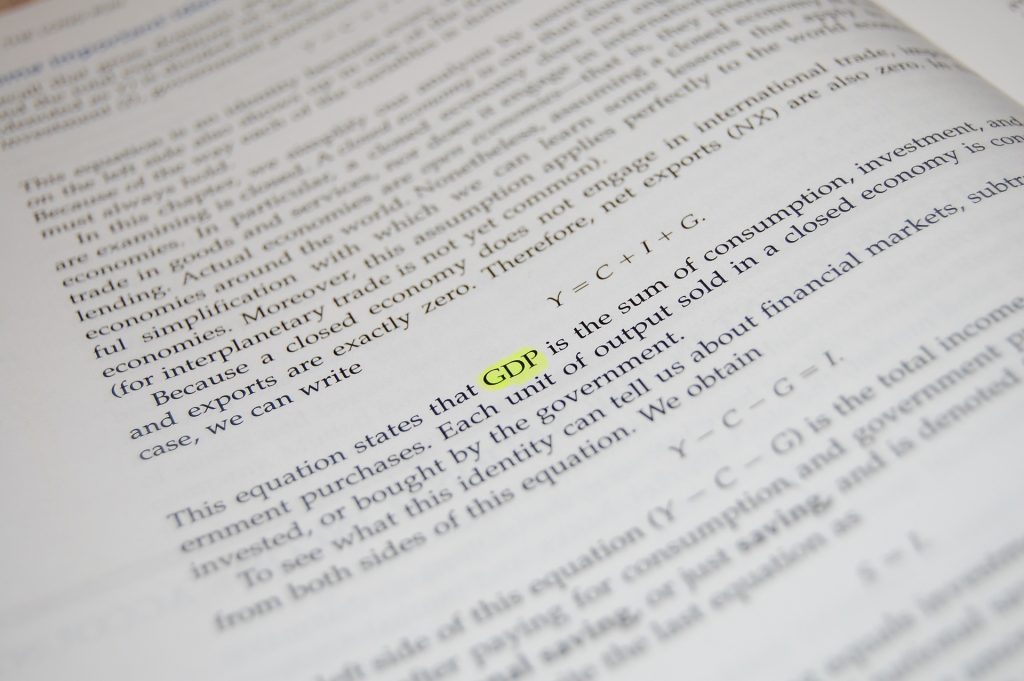
Croatian GDP has now been growing for the 15th consecutive quarter, with an increase of 0.8 percent compared to the previous quarter and 4.1 percent compared to the same period last year. So far, that’s the highest growth rate in the entire EU. Spain, Denmark and Cyprus also grew between 3.4 and 3.8 percent. Among Croatia’s three largest foreign trade partners, neighbouring Slovenia is the best performer of all, with one percent growth in the third quarter, Germany recorded a decline of 0.2 percent, and Italy an increase of 0.4 percent.
“GDP growth in the third quarter is almost three percentage points higher than the average EU growth. This is an excellent result. Croatia is an economic locomotive in that sense. However, I’m afraid that we’re riding on steam,” commented economic analyst Petar Vušković.
Croatian consumption is also being driven by a good labour market, employment growth, and double-digit wage growth compared to the same period in 2023. Wages are expected to grow more slowly in the years ahead, with a single-digit year-on-year growth rate by the end of this year. The private sector has seen almost no significant increases in the past six months.
wage growth in 2025
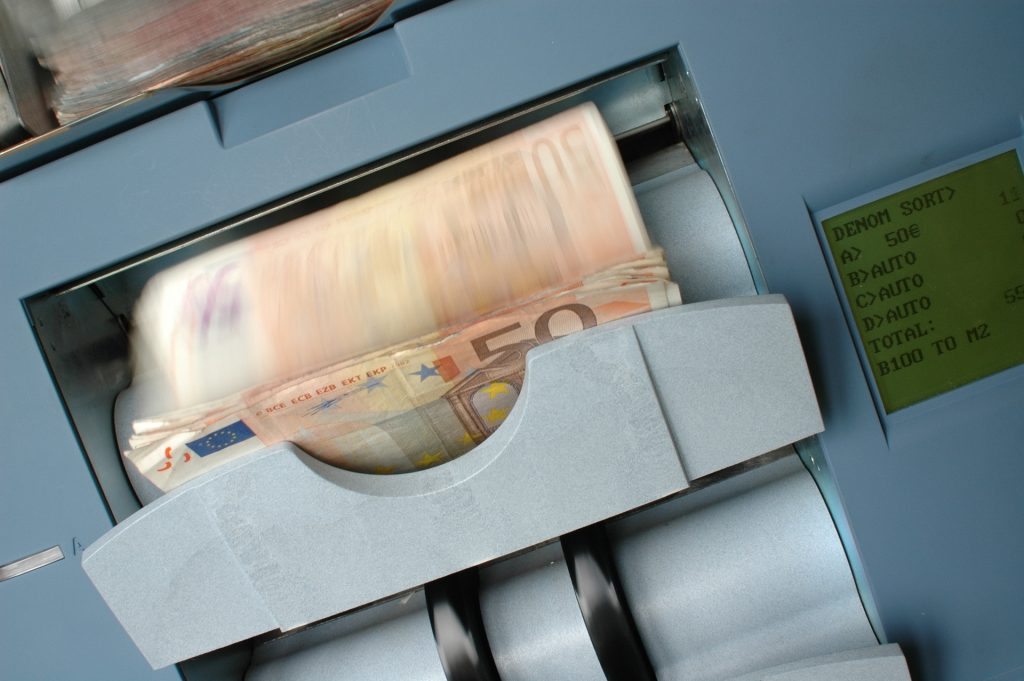
Vedran Šošić, the chief economist at the Croatian National Bank, expects wages to grow by 7-8% in 2025 as a result of the increase in the minimum wage, the base effect, and wage growth in the private sector. This is occurring as companies continue to face labour shortages, forcing them to increase the wages they offer if they want to retain people. The state sector has become a more than competitive employer after the latest wage increase, but public sector unions are using their strong negotiating position to win additional raises for next year as well.
In Western European economies (Austria, Germany, etc.), more and more collective agreements are being concluded towards the end of the year, bringing wage increases of between 3.5 and 4%. Inflation in Croatia is higher, so the arguments are currently on the unions’ side. The state has provided money for higher salaries, but not for better quality public sector services, that means that primary school students fail to solve even half of the tasks on their final exams, while high school students can barely solve a third. Healthcare professionals now have excellent salaries yet have to cope with disastrous work organisation. When it comes to new raises in the public sector, analysts are calling for caution, with Zrinka Živković-Matijević, the chief economist at the RBA, reminding that salaries are an acquired right, and the current wage fund takes up more than 40 percent of budget expenditures.
“The potential shortfall in GDP growth, especially based on consumption, with VAT accounting for almost 40% of budget revenues, implies that the deficit could exceed expectations,” warned Živković-Matijević. Employers from the Croatian Employers’ Association (HUP), on the other hand, claim that strong wage growth is undermining productivity and are calling on the government to embark on stronger tax relief.
strong credit activities are driving consumption
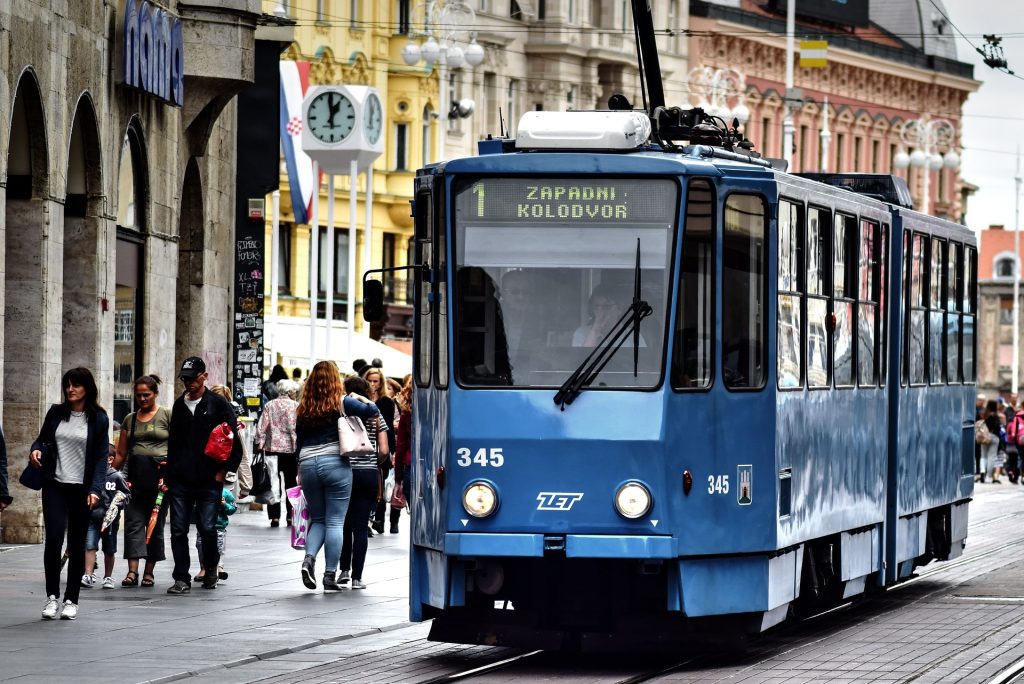
Domestic consumption is also being driven by increasingly strong credit activity, with Šošić pointing out that cash consumer loans are growing at a rate of 15% per year. That further stimulates consumption, but also keeps prices at high levels.
“Croatia’s economic locomotive will slow down growth. The reason for that slowdown is the inability to maintain a high annual wage growth rate, as well as a reduction in the number of consumer loans and a gradual reduction in the use of EU funds. With a decrease in the annual GDP growth rate of 1% in 2025, Croatia will continue to be one of the fastest growing economies, which confirms my earlier thesis that ten successful years lie ahead. The only condition is the absence of war in Europe. This is a serious risk that can send all projections into despair,” concluded economic analyst Petar Vušković.

